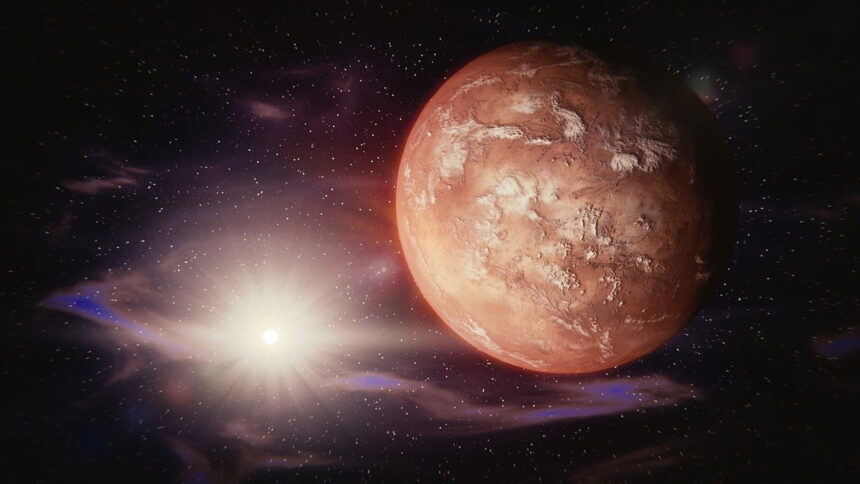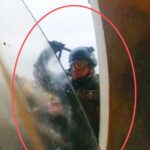The search for life on Mars has been an ongoing scientific endeavour, but one recent hypothesis by an astrobiologist suggests that NASA may have inadvertently destroyed microbial life on the Red Planet back in the ‘70s.
What did NASA do to Mars?
NASA’s Viking 1 and Viking 2 missions, which landed on Mars in 1976, were the first to conduct experiments directly on Martian soil to search for biosignatures – molecules that could indicate life. Among these tests, one involved heating soil samples to detect organic compounds, while others infused the soil with water and nutrients to observe metabolic activity.
At the time, the results appeared inconclusive. One experiment detected chlorinated organics, initially dismissed as contamination from Earth. However, modern research has revealed these compounds are native to Mars.
Schulze-Makuch from the Technical University of Berlin argues that some experiments may have unintentionally destroyed potential microbial life adapted to Mars’s extremely dry conditions.
Schulze-Makuch’s theory centres on the idea that life on Mars, if it exists, may rely on salts to draw moisture from the atmosphere – a process observed in Earth’s driest environments, like Chile’s Atacama Desert. In these conditions, life forms often avoid liquid water altogether, as a sudden influx can overwhelm and kill them.
“Hyperhydration could essentially drown Martian microbes,” Schulze-Makuch explained in a commentary published in Nature Astronomy.
NASA’s search for extraterrestrial life
For decades, NASA has pursued a “follow the water” strategy in its search for extraterrestrial life, based on the assumption that water is universally essential for biology.
Nearly 50 years after the Viking missions, scientists are calling for a new generation of experiments designed specifically for Mars’ unique environment. Schulze-Makuch believes these missions should prioritise searching for dry-adapted life forms and avoid water-heavy testing methods.
Whether we find life on Mars remains to be seen, but one thing is clear: the Red Planet’s secrets are far from uncovered.
View all quirky news.










